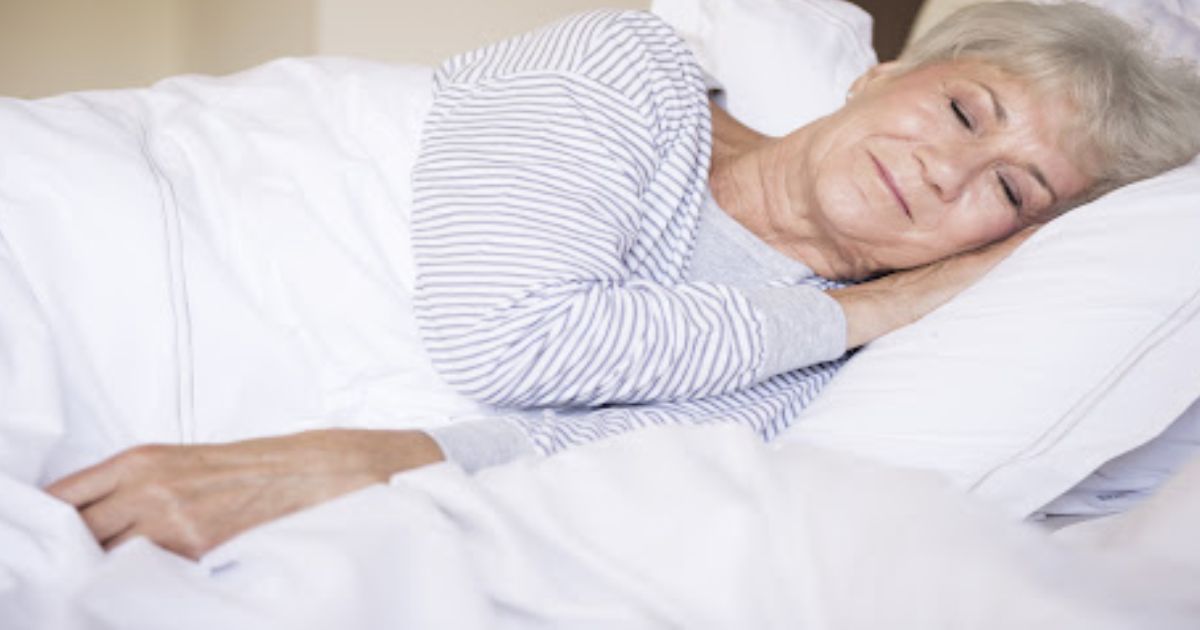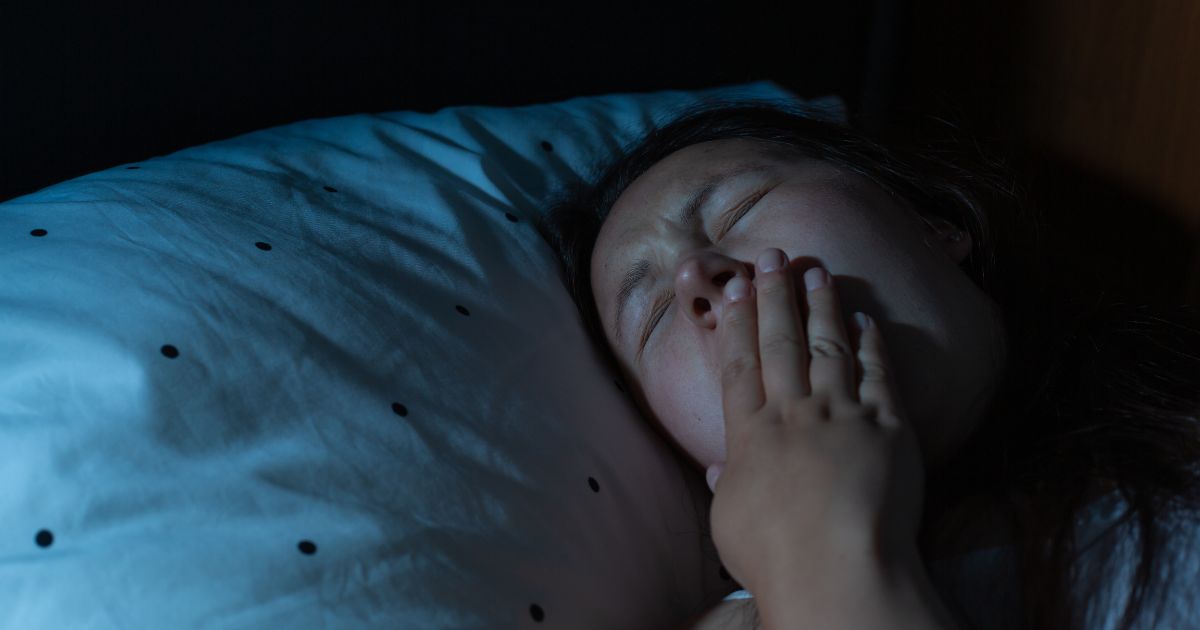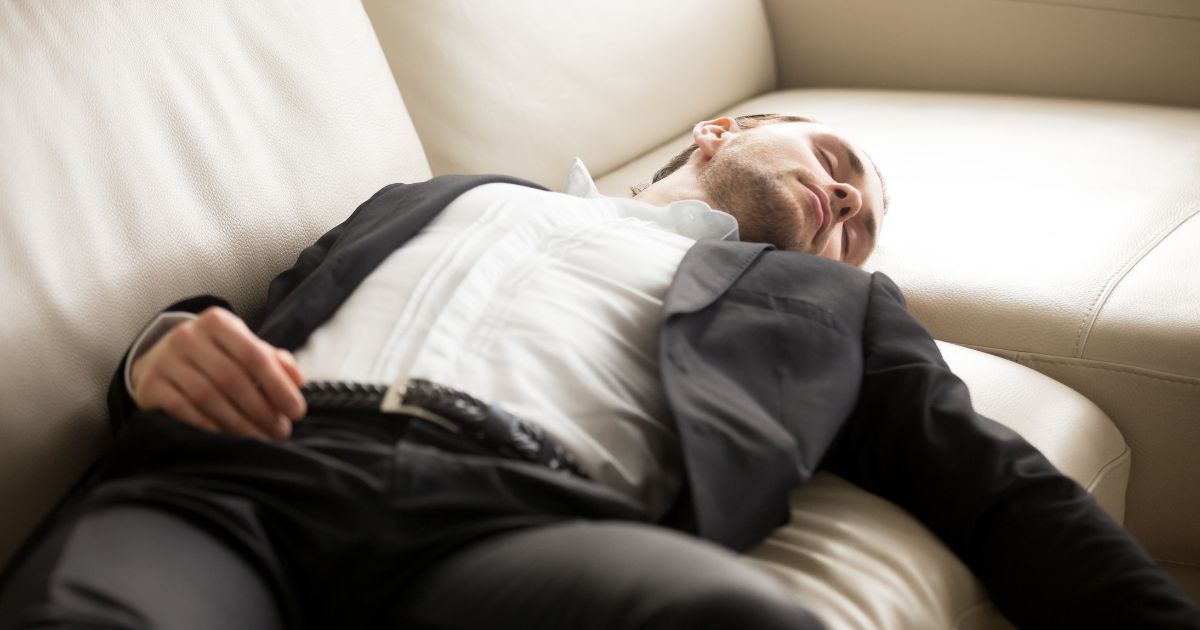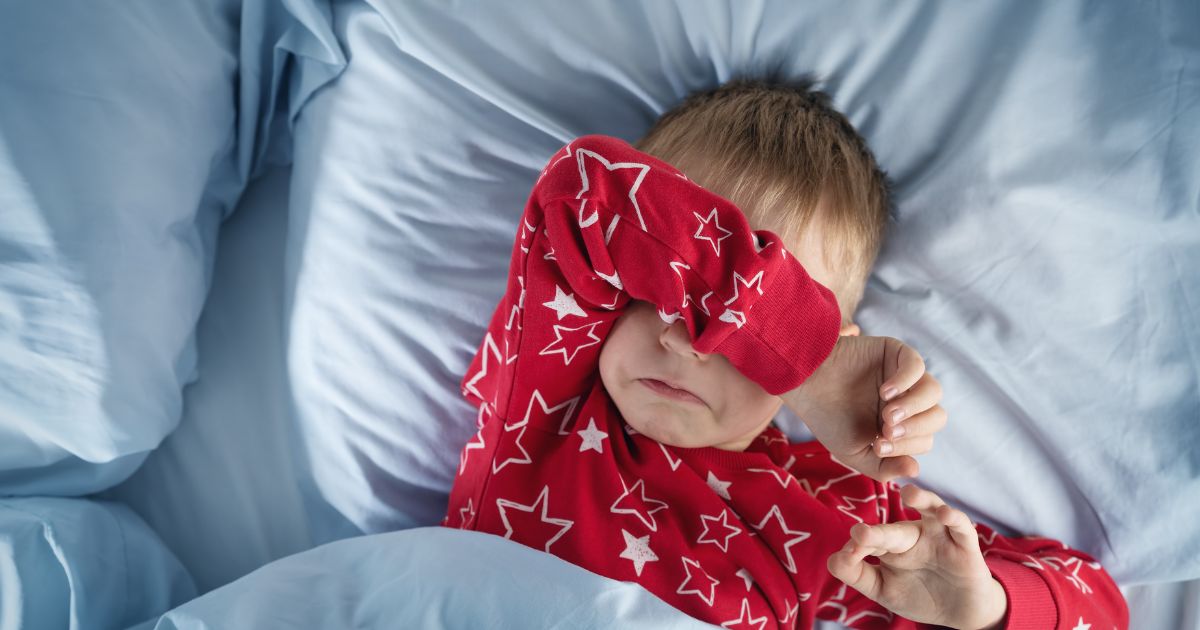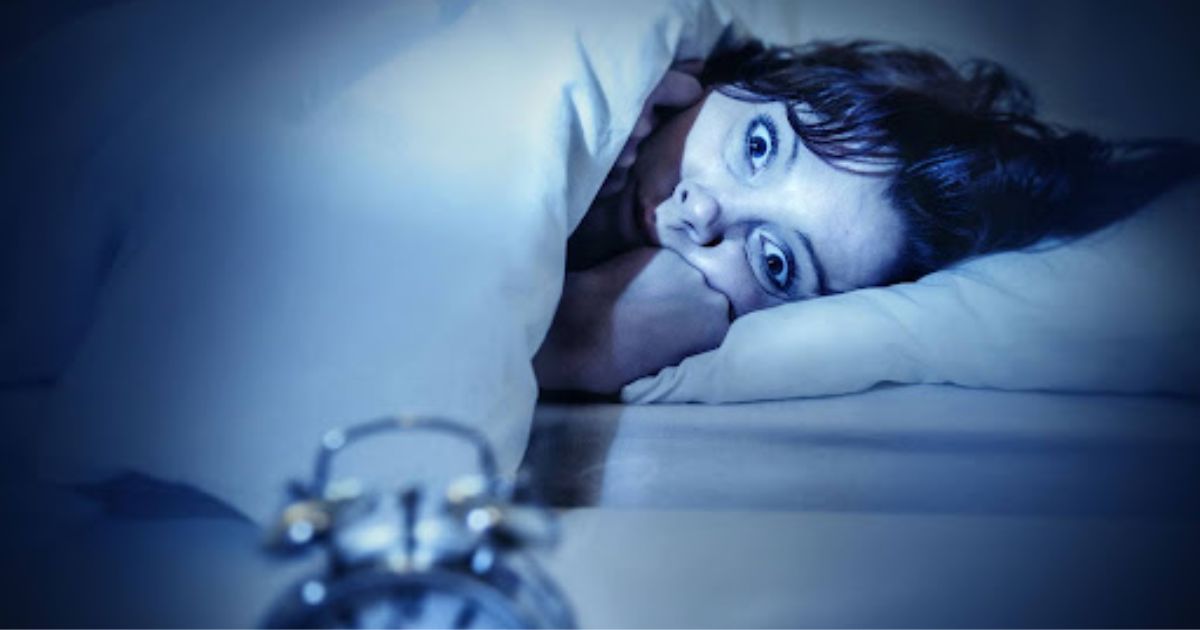Sleepless nights are a bothersome yet common occurrence that many of us have experienced at least a handful of times in our lives. Working late, binging your favorite TV show, or hanging out with friends are all instances that can lead to one of those tossing and turning nights. At first, you might think it is no big deal, but later we all find out that we are not our usual selves the following day.
Sleep is the way your body heals. If you think about it, any disruption in that healing process can lead to a not fully functioning body. Essentially, the more consistent sleep a person gets throughout their life, the better they will feel. Think about the times when you may have had a lot of tasks to get through, but yet you felt weak and tired from not getting enough sleep the night before. Now you are tired of a mile-long to-do list and have absolutely no motivation to complete it. It might seem like a small thing, but routinely getting less than seven hours of sleep can be harmful in the long run as you age.
People tend to think that older individuals do not need as much sleep, when in fact they do. In fact, many older people struggle greatly with getting enough sleep as it is. This is why our team at the Jacksonville Sleep Center is dedicated to ensuring each patient has a complete understanding of their battle with sleep disorders and how to overcome them. Combined with excellent treatments, like sleep testing, our staff is proud to say they offer the best care in North Florida.
Why Does Age Affect How You Sleep?
You have probably asked yourself already, “Why does age affect how we sleep?” Well, the answer is quite simple. As we age, so do our bodies right? The term “slowing down” is a common phrase used to describe the issues people who have entered into their senior years have with their bodies. The body begins to decline in health naturally as we age; slowing down.
Our bodies have an internal clock called the hypothalamus that is made up of about 20,000 cells inside the brain. This conglomeration of cells creates what is called the suprachiasmatic nucleus or the SCN. This affects our sleep because the SCN is in charge of these 24-hour daily cycles called circadian rhythms. These rhythms influence when someone gets hungry, when the body releases hormones, and when a person feels tired or alert. Sleepless nights interrupt this cycle regardless of age, but when we do get older so does the SCN and that causes older individuals to feel tired more frequently.
The SCN functions by receiving light directly from the eyes, and that tells the brain that it’s time to wake up or that the body should be active right now. Unfortunately, as people age their level of mobility decreases which means less light exposure. Finally, there is a hormone produced in the body called melatonin which is in response to darkness and helps promote feeling sleepy by coordinating and supporting the SCN and circadian rhythms.
Sleep Disorders
Unfortunately, studies show that up to seventy percent of older adults have serious sleep issues and about half of them go undiagnosed. There are a number of sleep issues many seniors face.
Nocturia, also known as nighttime urination, is a condition that changes the urinary system and other factors. It is when a person experiences frequent urges to use the restroom and it affects up to eighty percent of seniors. The more often you get up, the less sleep you get. Another disorder is called insomnia, which is when an individual struggles with falling asleep and/or staying asleep. There are a variety of treatment options for this disorder that can improve the quality of sleep.
Sleep Apnea is another old-age sleep disorder that can cause pauses in breathing during sleep. This is due to the upper airway collapsing or narrowing, making it harder for the body to breathe during sleep. It causes fragmented sleep cycles and can cause headaches, daytime sleepiness, and other issues. A sleep disorder unique to older individuals is called REM Sleep Behavior Disorder. When we sleep, we go through various sleep stages or cycles and REM sleep is a stage in which we are in deep sleep. This is where we dream and where our body gets the best rest and heals the most. In this disorder, however, the body moves during the cycle and people will act out their dreams.
Sleeping Tips
Exercise.
Exercising is a great way to keep the body healthy while also regulating your sleeping cycle. Exertion of the body during the exercise period will make you feel tired afterward, making you want to sleep and stay asleep. Studies have shown that people who regularly exercise fall asleep faster, sleep longer, and have an overall better quality of sleep.
Another tip is to avoid distractions in the bedroom or triggers that will keep the body awake during nighttime hours. For example, if you sleep with a television turned on, your body cannot sleep as easily because the light and sound from the screen tells the brain it must be active. A smartphone is another sneaky tool that keeps people up when they are supposed to be sleeping. Overall, it is best to keep all noisy and bright objects out of the room or turned off in order to achieve the best sleep you can.
Jacksonville Sleep Center: Your Last Stop For Old Age Sleep Disorders
Sleeping is an essential part of daily life, vital at that. Without it, we cannot properly function. However, we know that as we age it becomes increasingly more difficult to maintain a healthy and stable sleeping schedule. This is why the staff at Jacksonville Sleep Center in Jacksonville, Florida, are ready and equipped with the best tools and treatments to ensure each patient achieves good sleep. We offer an array of treatments, tests, and a stacked daytime and nighttime staff to make sure that each patient is properly cared for and looked after while in our care. To schedule an appointment, please visit our website or give us a call today at 904-854-6899.

